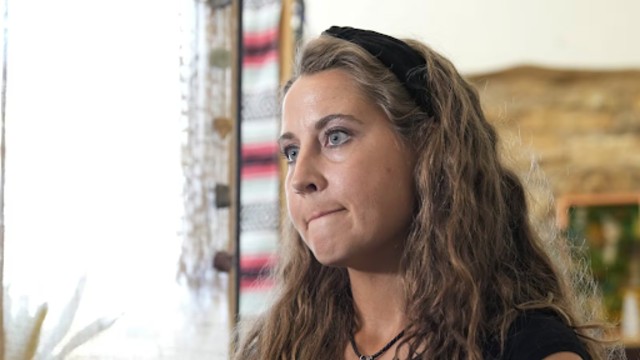
Health Minister Marjorie Michel poses for a portrait on Parliament Hill in Ottawa on Thursday, May 29, 2025. THE CANADIAN PRESS
Federal Health Minister Marjorie Michel has expressed skepticism over the effectiveness of involuntary addiction treatment. While refusing to comment directly on provincial strategies, Michel emphasized the need for evidence-backed solutions.
Right to Care, Not Coercion
Speaking outside the House of Commons, Michel said, “Every Canadian has the right to get treated.” However, she added that there’s currently no scientific evidence proving that forcing someone into treatment is effective. “I don’t think, for now, we would have any kind of scientific evidence on this practice,” she said.
Her comments come amid growing debate across several provinces regarding involuntary addiction treatment.
Provinces Push Involuntary Measures
Alberta recently introduced a law allowing family members, health workers, or police to request court-ordered treatment for people struggling with addiction. If approved, individuals considered a danger to themselves or others could be confined in treatment for up to three months.
British Columbia, where the opioid crisis has hit hardest, has opened a specialized unit at a pretrial centre. It treats inmates with both addiction and brain injuries. More such units are planned across jails in the province.
Ontario also signaled interest. It announced plans to explore involuntary treatment within the correctional system, taking cues from British Columbia. The province will consult with experts and people who have experienced addiction.
Experts and Advocates Push Back
Many addiction experts and mental health advocates oppose these measures. They argue that efforts should focus on improving access to voluntary treatment options.
The Canadian Mental Health Association in B.C. pointed to research suggesting that forced treatment may increase the risk of overdose death post-release.
Kora Debeck, a professor at Simon Fraser University, called involuntary treatment “high-risk.” She said, “There’s magical thinking that simply getting people into treatment will make everything better. But addiction is a chronic, relapsing condition.”
According to Debeck, the combined effect of Canada’s toxic drug supply and worsening housing crisis has triggered public demand for drastic change. More than 50,000 people have died from opioid poisoning in Canada between 2016 and 2024.
She also criticized governments for abandoning public health-based approaches, saying harm reduction policies have not failed.
Call for Systemic Reform
Sarah Downey, president and CEO of the Centre for Addiction and Mental Health, stressed the need for a systemic review of the voluntary treatment network. “Many people want help but are unable to access timely, high-quality, voluntary care,” she stated.
She urged the federal government to lead with bold, collaborative solutions to fix long-standing gaps in mental health and addictions care.
Michel's Role and Outlook
Michel, elected on April 28 in Papineau, is a newcomer to cabinet but brings years of experience from Parliament Hill. She previously served as deputy chief of staff to former Prime Minister Justin Trudeau.
Responding to criticism over the removal of a dedicated mental health minister, Michel said she fully embraces the responsibility. “I am the health minister and the mental health minister,” she asserted, vowing to make mental health a top priority.
She believes strengthening mental health services is essential to improving Canada’s productivity and overall well-being.















